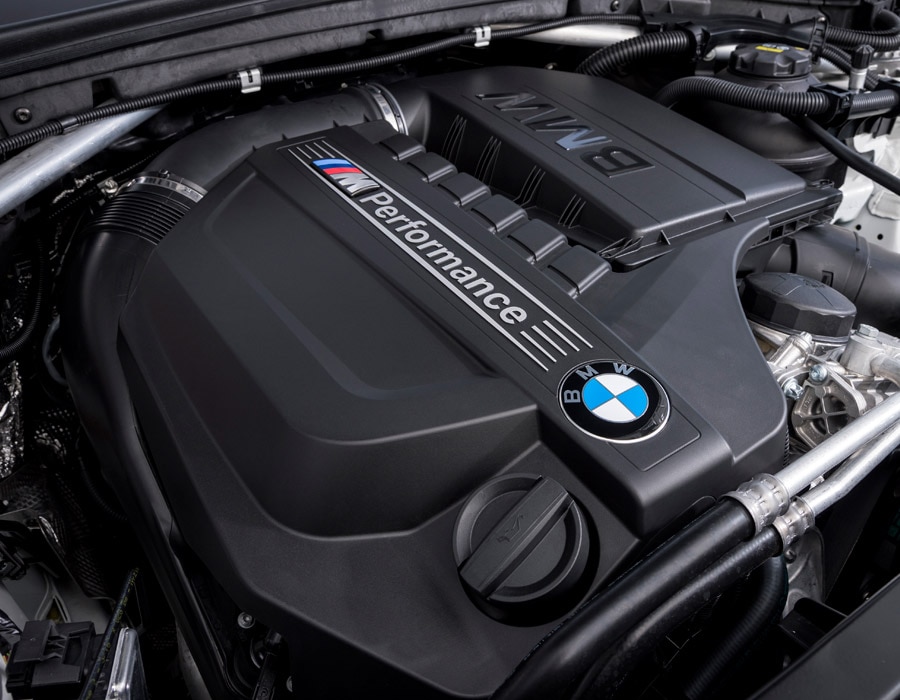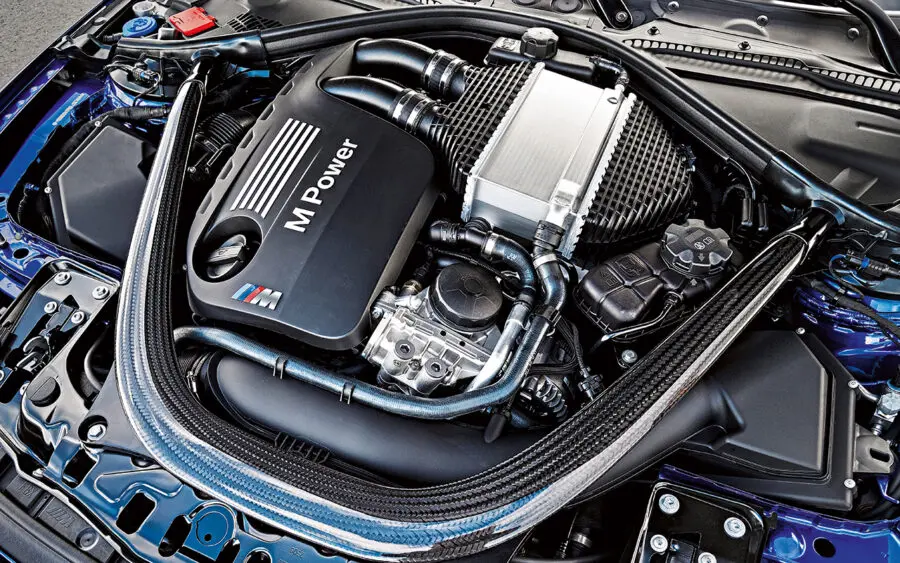A Comprehensive Overview to Recognizing BMW Engine Specifications
A Comprehensive Overview to Recognizing BMW Engine Specifications
Blog Article
Introducing the Intricacies of Next-Generation Power Units: a Deep Dive Into Advanced Engine Styles and Innovations
In the realm of auto design, the unrelenting search of performance, efficiency, and sustainability has pushed the development of power units to unprecedented heights. As we base on the precipice of a brand-new era in transportation, the complexities of next-generation engine designs beckon us to discover the sophisticated innovations and innovations that promise to redefine the driving experience. From advanced products that push the boundaries of resilience and weight reduction to advanced turbocharging and supercharging systems that boost power outcome to new degrees, each element of these power systems holds a crucial to unlocking the future of automotive design. Diving deeper into the worlds of discharge control, smart engine management systems, and the horizon of power system development, we locate ourselves on the cusp of an improvement that promises to improve the landscape of mobility as we understand it.
Evolution of Engine Materials

The change in the direction of advanced engine materials has likewise enabled designers to create engines with greater power results while maintaining fuel performance standards. As an example, the use of light-weight materials lowers the general weight of the engine, leading to improved fuel economy and lower emissions. Additionally, advancements in materials technology have permitted for far better thermal monitoring within engines, leading to boosted dependability and durability.
Turbocharging and Supercharging Technologies
Exactly How do Turbocharging and Supercharging Technologies transform engine performance and performance in contemporary vehicles? Turbo charging and turbocharging are innovations that considerably boost engine performance by raising the quantity of air intake right into the combustion chamber. Turbocharging attains this by using a wind turbine driven by exhaust gases to pressurize the intake air, while turbo charging utilizes a belt- or chain-driven compressor to attain the exact same effect.
These innovations allow smaller, extra fuel-efficient engines to create power equivalent to bigger ones, called downsizing. Forcibly more air right into the cylinders, supercharging and turbocharging improve burning efficiency, leading to increased horse power and torque result without a considerable increase in engine size. This brings about much better velocity, towing capability, and overall driving efficiency.
In addition, turbo charging and turbocharging add to enhanced gas efficiency by permitting the usage of smaller engines that take in much less gas under typical driving problems - bmw engine. This mix of enhanced performance and performance has made turbocharging and turbo charging essential elements of lots of modern engine designs
Discharge Control and Environmental Influence
With increasing global issues relating to air quality and ecological sustainability, the application of emission control modern technologies in automobiles plays an important duty in reducing damaging toxins launched right into the atmosphere. Modern automobiles are furnished with advanced emission control systems that assist lessen the ecological impact of automotive operations. Catalytic converters, for instance, are designed to convert hazardous gases such as carbon monoxide gas, nitrogen oxides, click and hydrocarbons right into much less dangerous materials like co2 and water vapor.
In addition, advancements in engine technology, such as the integration of exhaust gas recirculation systems and selective catalytic decrease, have actually substantially added to decreasing discharges. article source These innovations operate in tandem to optimize combustion efficiency and reduce the release of harmful toxins right into the air. Furthermore, the development of hybrid and electrical cars represents an essential step in the direction of decreasing the overall ecological impact of the transportation sector.
Intelligent Engine Management Equipment

Additionally, read the full info here these systems enable lorries to satisfy strict exhausts requirements without endangering performance, giving a more eco-friendly driving experience. The integration of expert system and maker learning capabilities in engine monitoring systems continues to press the boundaries of what is feasible, bring about additional improvements in performance, dependability, and total vehicle performance. bmw engine. As auto technology advances, smart engine management systems will play a critical role in forming the future of transport towards a much more efficient and sustainable direction
Future Trends in Power System Growth
As smart engine monitoring systems pave the method for improved control and optimization in contemporary lorries, future trends in power unit advancement are poised to redefine the landscape of automobile propulsion innovations. These alternate power sources offer boosted effectiveness and performance while aligning with stringent ecological laws.
One more considerable pattern is the assimilation of sophisticated materials and making strategies. Lightweight materials such as carbon fiber and light weight aluminum are being made use of to minimize general automobile weight, improving fuel performance and efficiency. In addition, innovations in 3D printing and additive manufacturing are enabling the manufacturing of complicated engine components with greater precision and resilience.
Furthermore, fabricated intelligence and artificial intelligence are playing a vital function in optimizing power system performance. These innovations enable real-time surveillance and flexible control, causing much more reliable and reputable power delivery. Overall, future fads in power unit growth are geared towards efficiency, performance, and sustainability, driving the auto market towards a new period of propulsion technologies.

Final Thought
In final thought, the innovations in engine materials, turbocharging, discharge control, and intelligent monitoring systems have actually led the way for next-generation power systems. The complex layouts and technologies in modern engines showcase the continuous development of auto modern technology.
Exploring the progressive innovations in engine materials has actually been essential in boosting the efficiency and performance of modern-day engines. Over the years, the advancement of engine materials has actually played a vital duty in pressing the borders of what engines can attain.The change towards advanced engine products has actually additionally enabled engineers to design engines with higher power results while maintaining fuel performance standards.The implementation of intelligent engine management systems in modern-day lorries has actually revolutionized the way engines are controlled and maximized for efficiency and effectiveness. By gathering data in real-time and assessing it with innovative formulas, intelligent engine management systems can adjust to driving designs, environmental elements, and engine wellness to make best use of power result while lessening fuel intake and exhausts.
Report this page